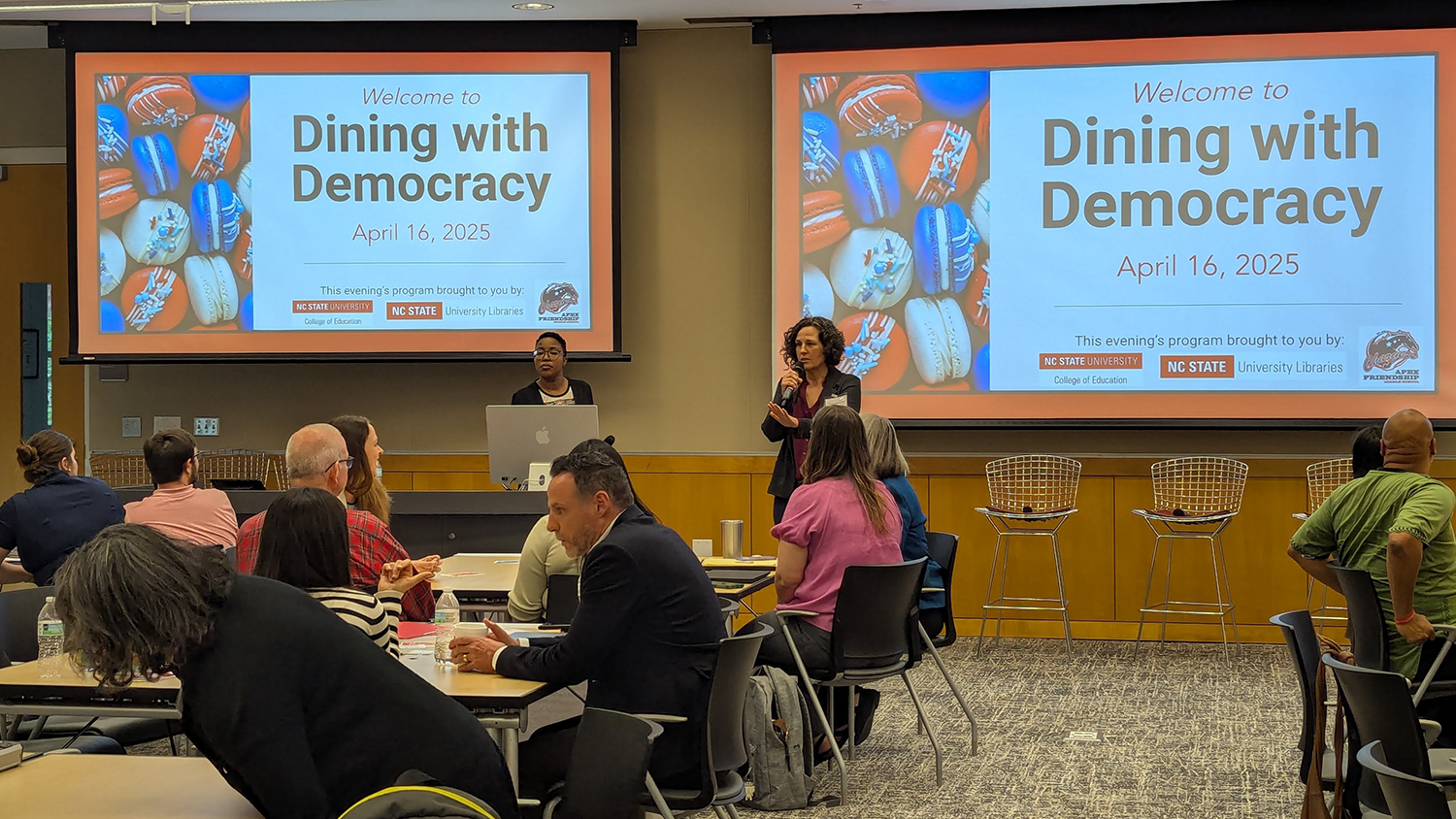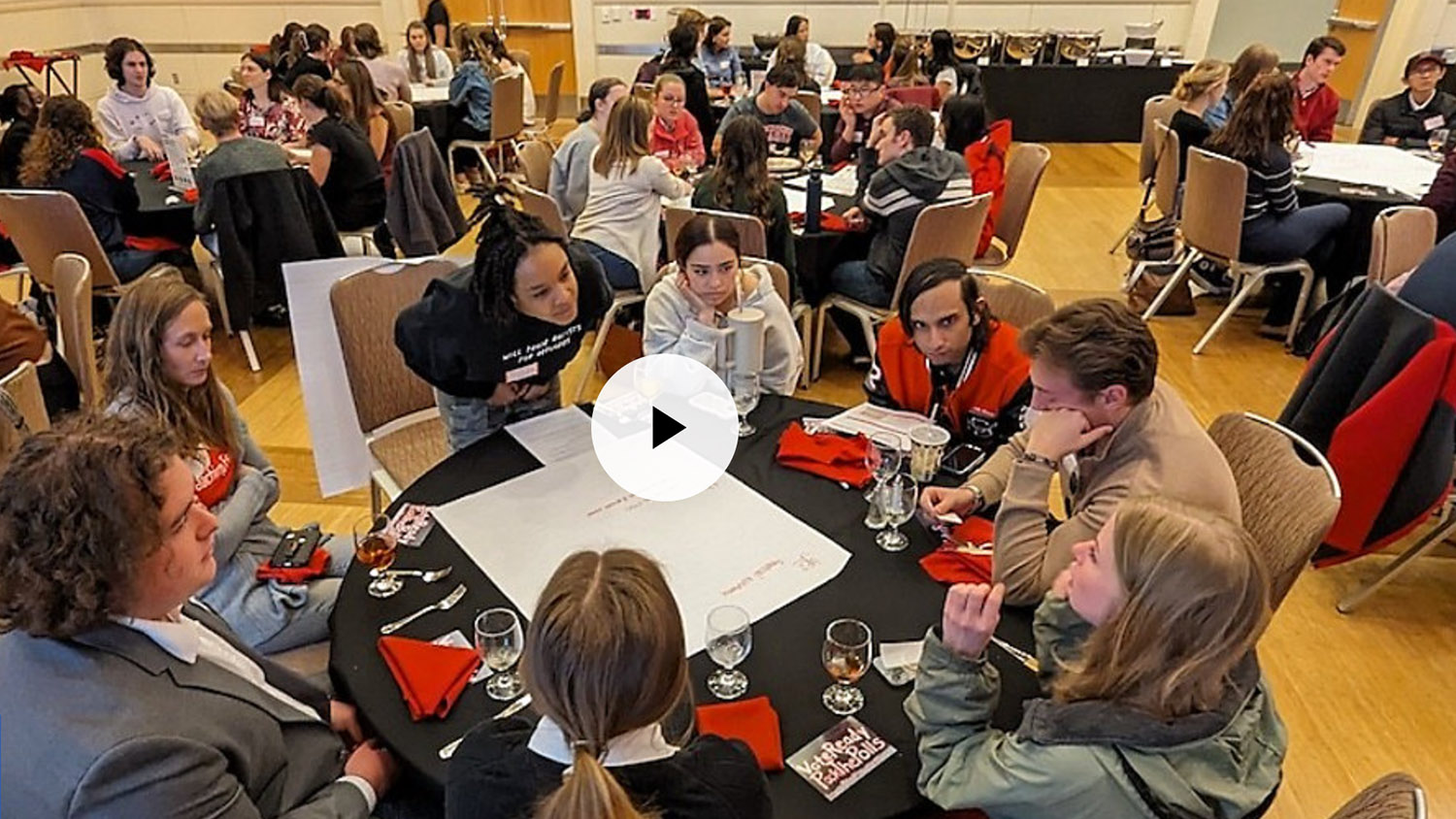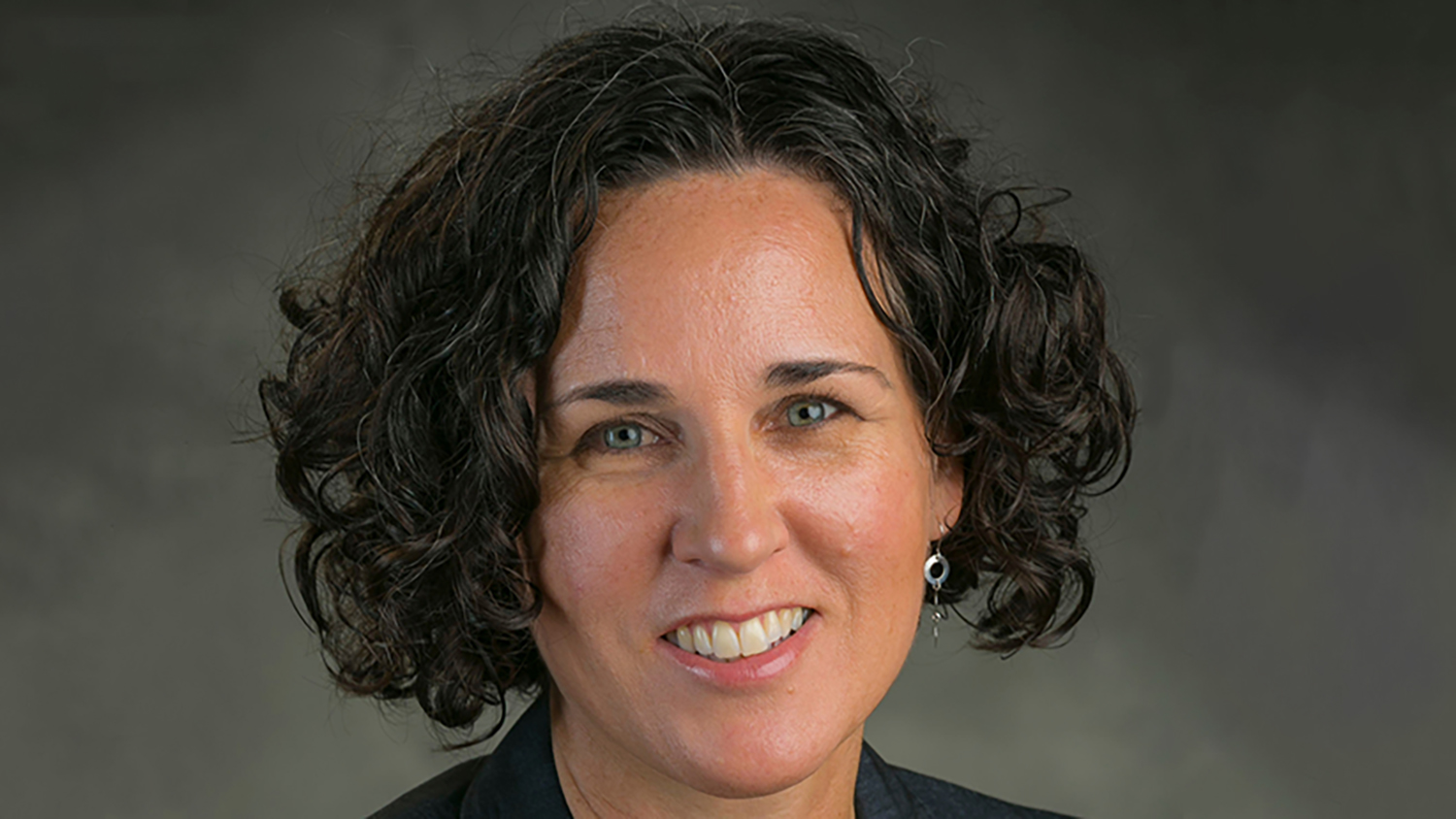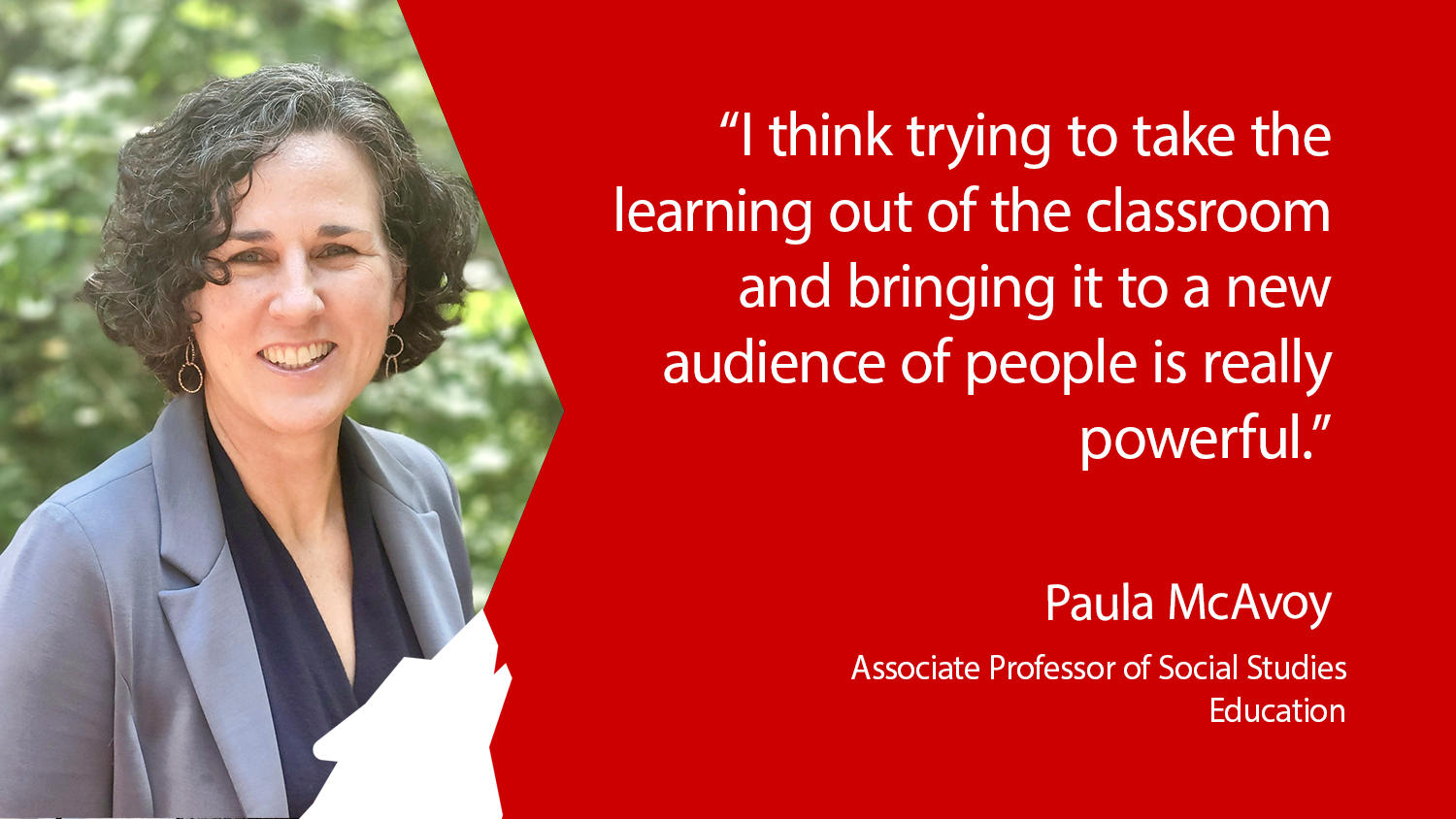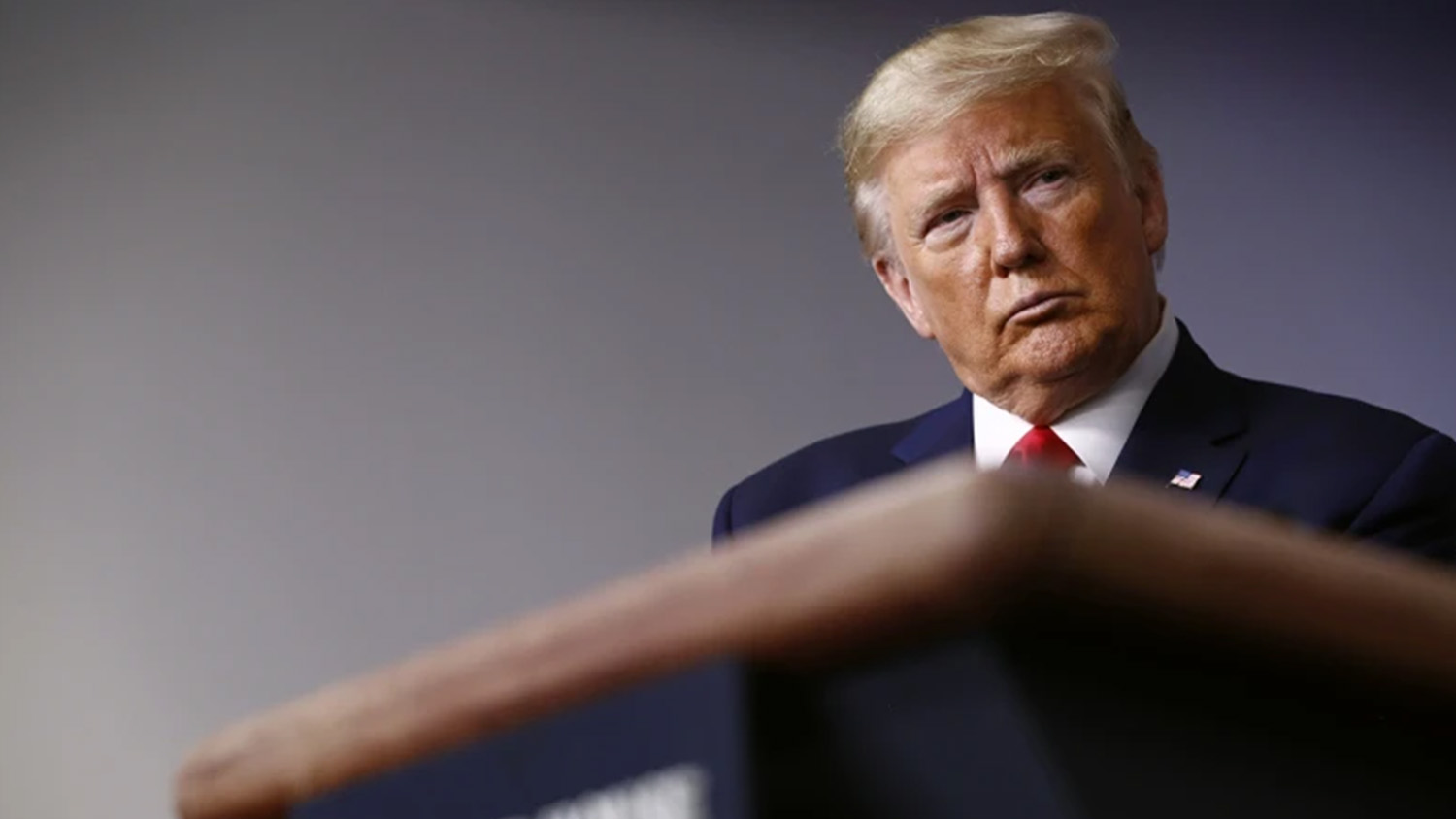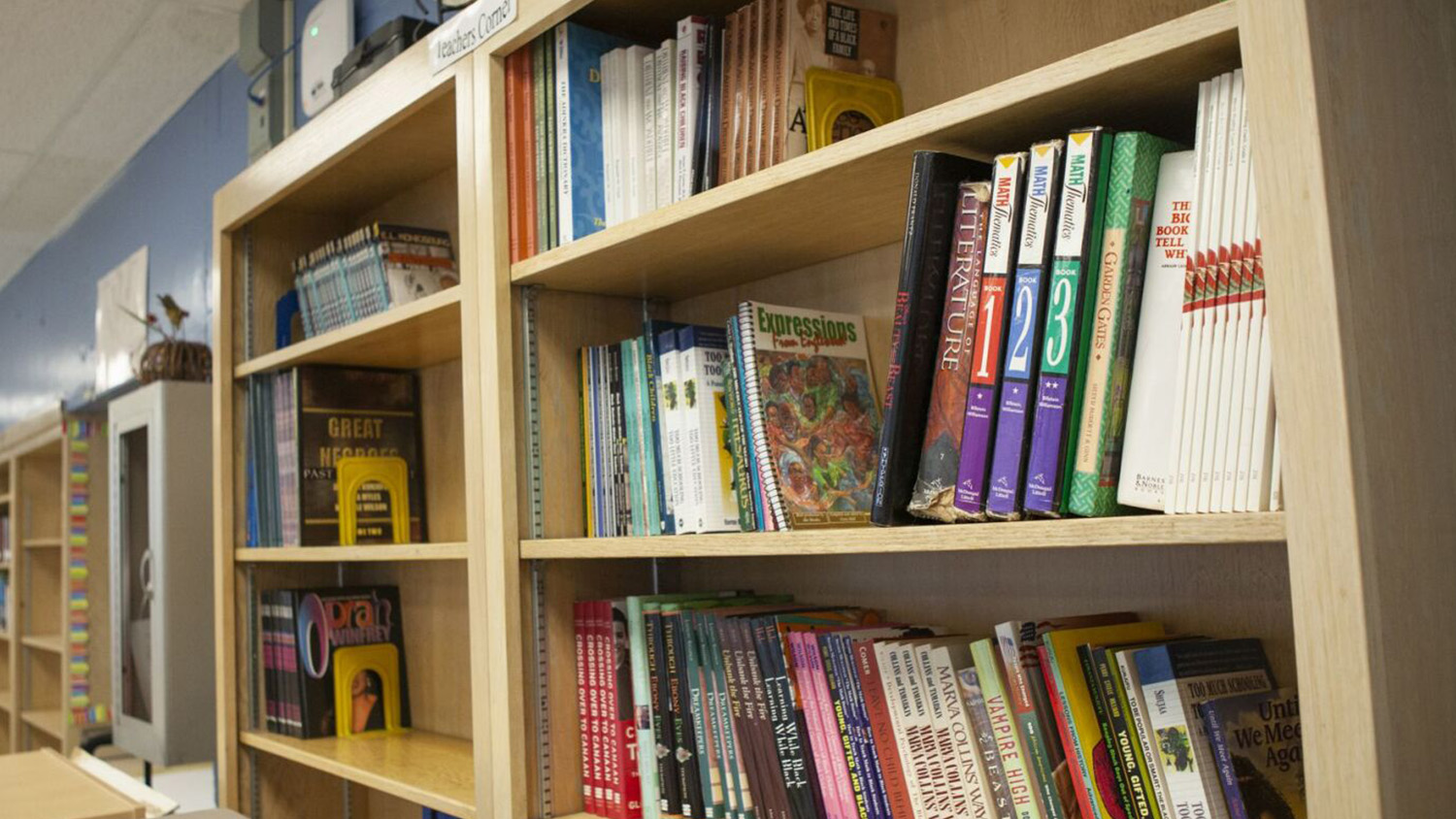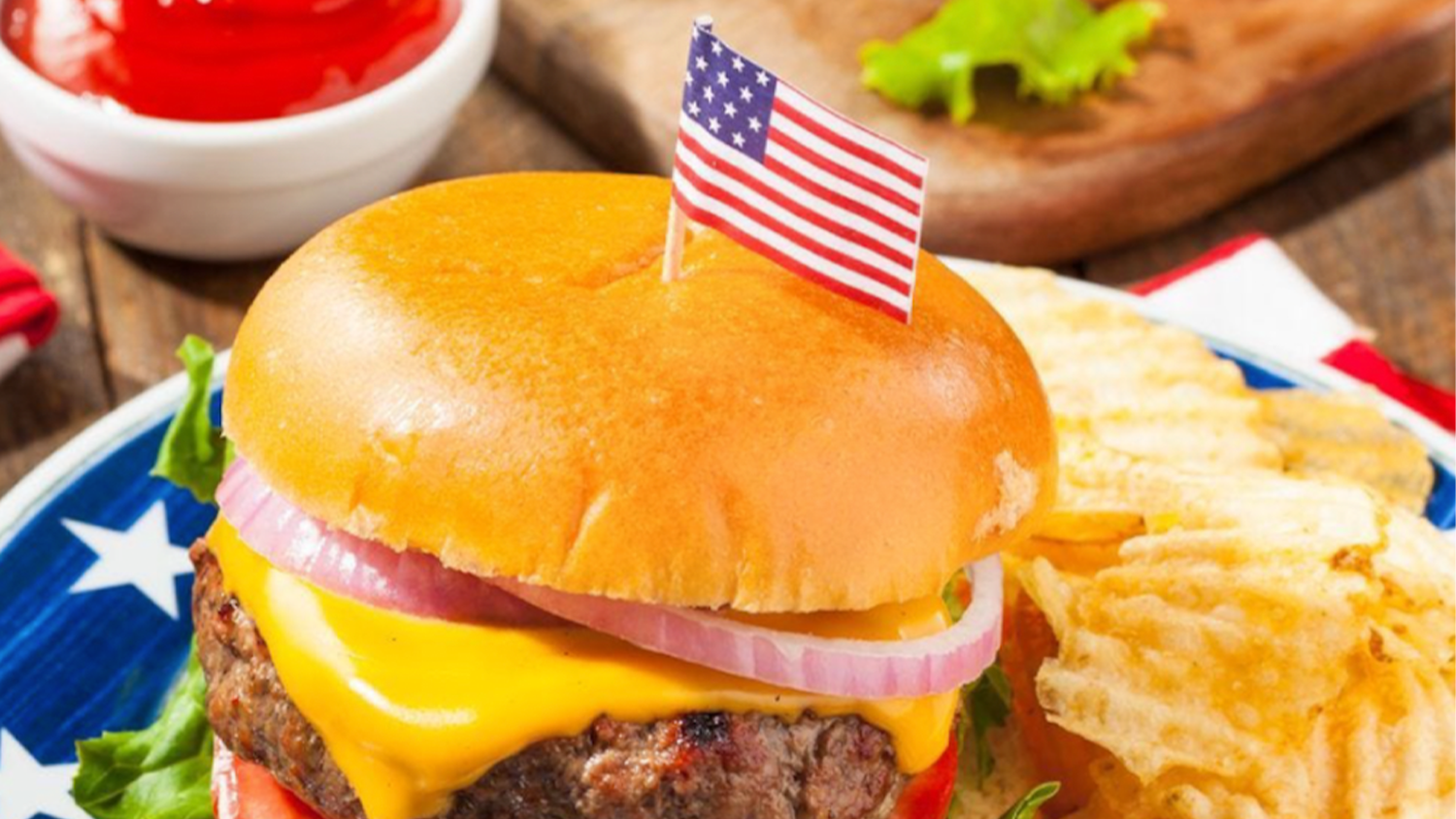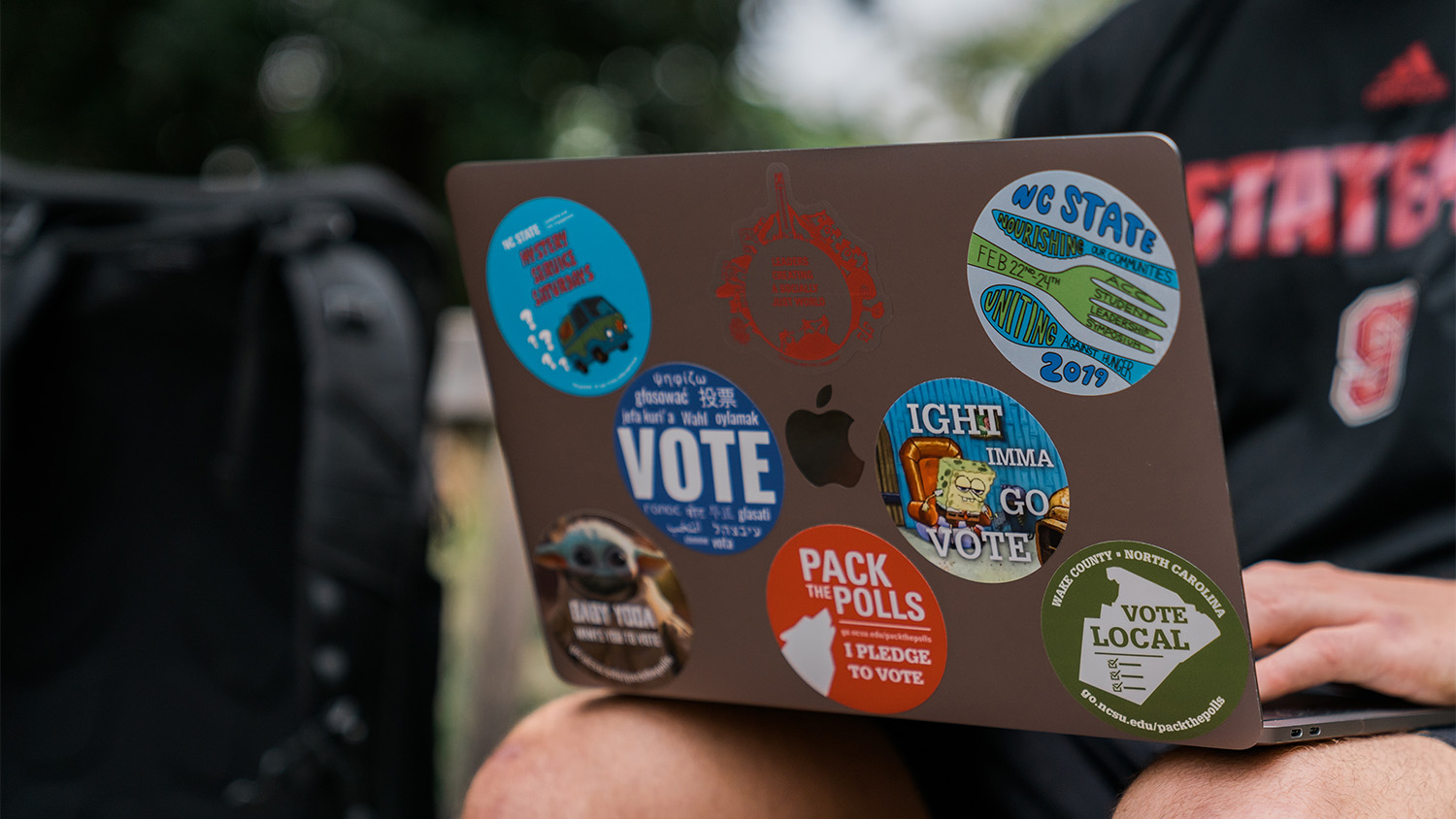Apr 3, 2023
Education Week: The Trump Indictment: What Should We Tell the Kids?
Even though social studies teachers have become experts in discussing extraordinary, politically charged news events over the past several years, the recent indictment of former President Donald Trump by a New York grand jury involves navigating potential landmines—especially given restrictions states have passed in the last three years. It’s difficult to completely step around the politics here, said Paula McAvoy, an associate professor of social studies education at North Carolina State University. But teachers can model discussing the topic using evidence, as opposed to partisan perspectives.
